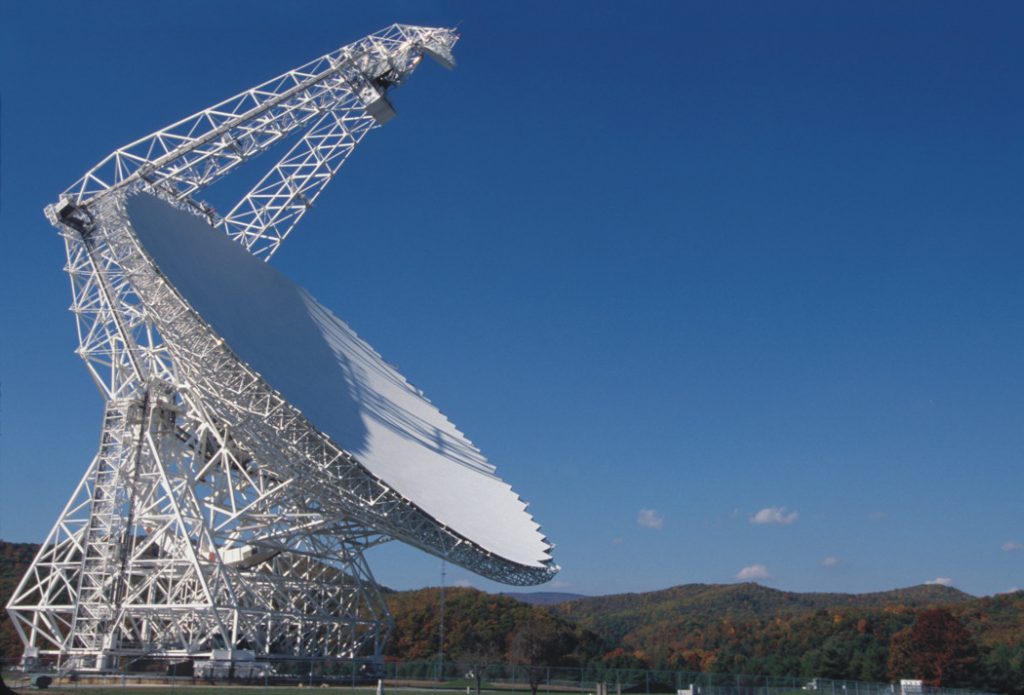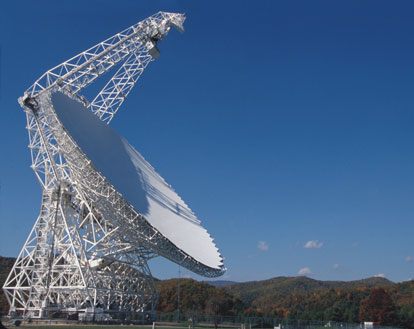
Students at a small public school in West Virginia are unable to use Wi-Fi because it could interfere with a giant radio telescope located nearby—a restriction that could spell trouble when the state completes its move to an online-only standardized aptitude test within the next two years.
Located within the U.S. National Radio Quiet Zone and protected by the Appalachian Mountains, the super-sensitive National Radio Astronomy Observatory’s Green Bank Telescope is reportedly the most advanced of its kind in the world. The telescope is reportedly used to study “everything from pulsars to the formation of stars to the movement of gigantic gas clouds in distant galaxies.”
However, site interference protection engineer Carla Beaudet said the radio telescope’s powerful abilities mean it is extremely sensitive to human-generated radio interference.
“If there was no dirt between us and the transmitter, a typical access point . . . would have to be on the order of 1,000,000 km [more than 620,000 miles, or about two and a half times the distance from the Earth to the Moon] distant to not interfere,” she said.
Beaudet added that a standard Wi-Fi access point placed nearby would render a significant range of frequencies unusable for the observatory.
As plans for a county-wide move to digital textbooks in the next academic year and a state-wide switch to online-only standardized aptitude testing within two years continues to move forward, nearby Green Bank Elementary-Middle School faces growing problems as a result of the quiet zone restrictions.
“Short of wiring every classroom [at Green Bank Elementary-Middle School] to have at least 25 drops and a laptop for every student, we will have a very difficult time providing digital textbooks or access to take the testing. The drops will require quite a number of switches and miles of cabling. All very costly,” Ruth Bland, school technology coordinator for Pocahontas County, said.
Data from the 2010 census indicates the median household income in Pocahontas County is less than $34,000 per year, suggesting this idea may not be feasible. Other proposals, including possible use of an experimental wireless standard that uses 60GHz frequencies—which are not useful to radio telescopes—to send and receive information, have also been deemed unviable. The West Virginia Department of Education is considering contacting the federal government for assistance.
For more information, visit Network World.
